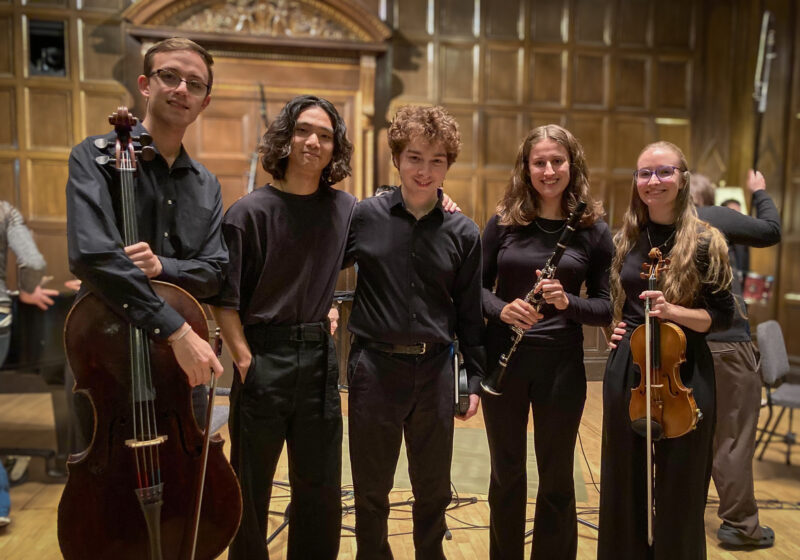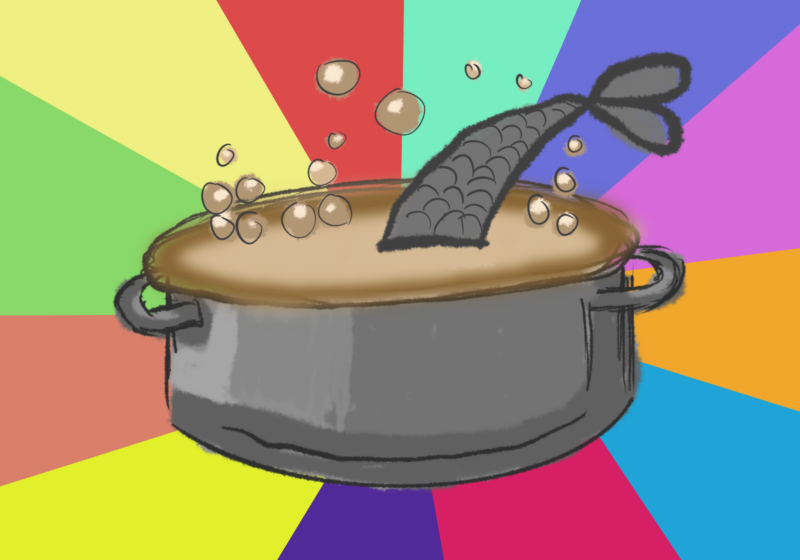Students and faculty returning to Harkness Hall this year found the building considerably different than when they might have last seen it. During the break, the building underwent significant renovation.
The changes made this summer were mostly designed to aid faculty and graduate students in their study and workspaces.
“It’s been helpful,” Professor of Economics Stanley Engerman said. Changes in his office included a new carpet.
The third floor of the building, UR’s political science department, had walls removed and adjusted. This work was done mostly to increase office space for senior members of the faculty, as well as to help create newer, better-designed spaces for the several new members of the department.
“The project shows respect for the people who work there,” Department Chair Gerald Gamm said.
All three floors received significant cosmetic work, including new carpeting and painting. Most of the changes to the building’s architecture occurred on the third floor and in the main entrance. Work was also done to make the building more compliant with the Americans with Disabilities Act, and a new trash enclosure was completed.
This project came at the request of the occupants of the building ? primarily the economics and political science departments. Gamm mentioned being particularly pleased with the amount of input that he and his department had in the design process.
Assistant Professor David Primo came to UR this year, and was particularly pleased by the changes he saw between his visit last year and the start of the current school year.
“It’s important that our facilities match our reputation for academic excellence,” Primo said.
The project was completed during the summer, when most students and faculty are away from the campus. Because of this, there was little disturbance caused by the construction project. The building was completely open by the start of classes.
Some students had a little difficulty if they were trying to work during the summer, and at least one small problem was encountered.
“The vending machines disappeared, and no one knows where they’ve gone,” Take-Five Seth Goldstein said.
No further projects are planned for the hall, although requests can be made by faculty and could be adopted later in the year. This summer’s work stayed under the $235,000 budget it was given.
Because most of the changes were to office space, undergraduate students will probably notice few changes beyond the fresh coats of paint and other details. The benefits will come through the faculty and graduate population, who will hopefully be able to teach and research more easily.
“It’s more of a trickle-down effect ? from within the department,” Project Manager Michael LaPoint said. He oversaw this year’s changes.
The work was done mostly by university crews, with the only exception being a part of the painting that was subcontracted to a private firm.
Faculty members seem pleased with the changes, and Gamm is optimistic about the effects.
“The changes were needed. This did a lot for the morale of the faculty and of the students,” Gamm said.
Brown can be reached at cbrown@campustimes.org.




